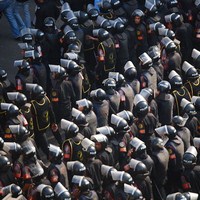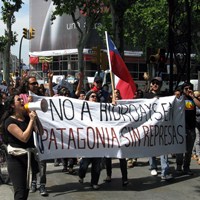
Most of the U.S. foreign policy community assumes that relations between the United States and Venezuela can only improve in the aftermath of Hugo Chavez’s death. Exemplifying this optimism, the Obama administration’s initial reaction was to note that as a “new chapter” begins in Venezuela, Washington reaffirms “its interest in developing a constructive relationship with the Venezuelan government.” The U.S. response was based on the hope that any successor to Chavez will be interested in repairing the breach that opened up between the two nations during the almost 13 years of Chavez’s tenure. But nothing should be taken for granted. […]







